The incredible companies looking to change life as we know it
Futuristic firms transforming our world
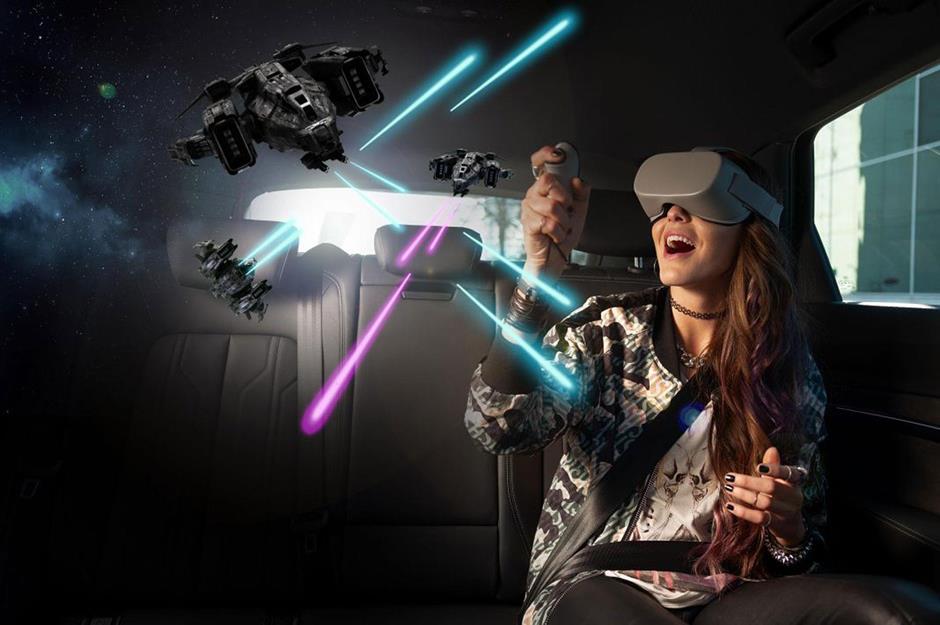
It's not just the Apples, Amazons and Androids of the world that are set to transform the way we live. Across all industries, there are a whole host of exciting start-ups taking advantage of new and upcoming technology to make our lives better, easier and more sustainable. From game-changing food firms and DNA-based dating sites, to a trailblazing flying car and AI start-ups, these forward-thinking firms are aiming to revolutionise the way we live.
NovaMeat
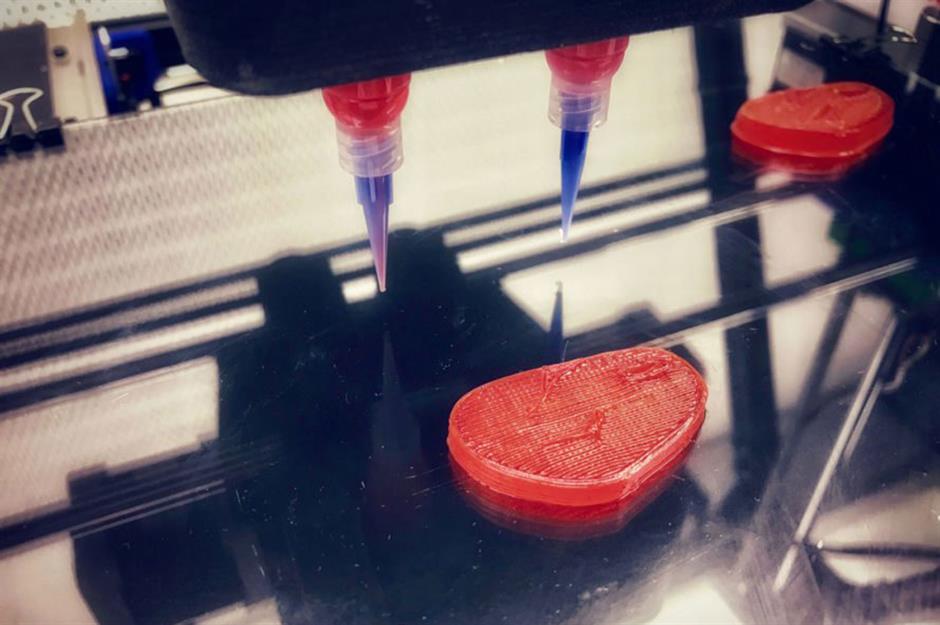
An increasing number of people are going vegan or at least cutting down on their meat intake to improve their health and save the planet. In the US, the number of vegans grew by 600% in 2017, reaching 19.6 million people, according to GlobalData. Enter NovaMeat. The Barcelona-based biotech start-up has developed the world's first 3D-printed plant-based steak, which is made from vegetable proteins and mimics the “fibrous flesh” of real meat. Just recently, it secured funding from a leading foodtech investment firm which it will use to accelerate development of its faux meats.
Perfect Day
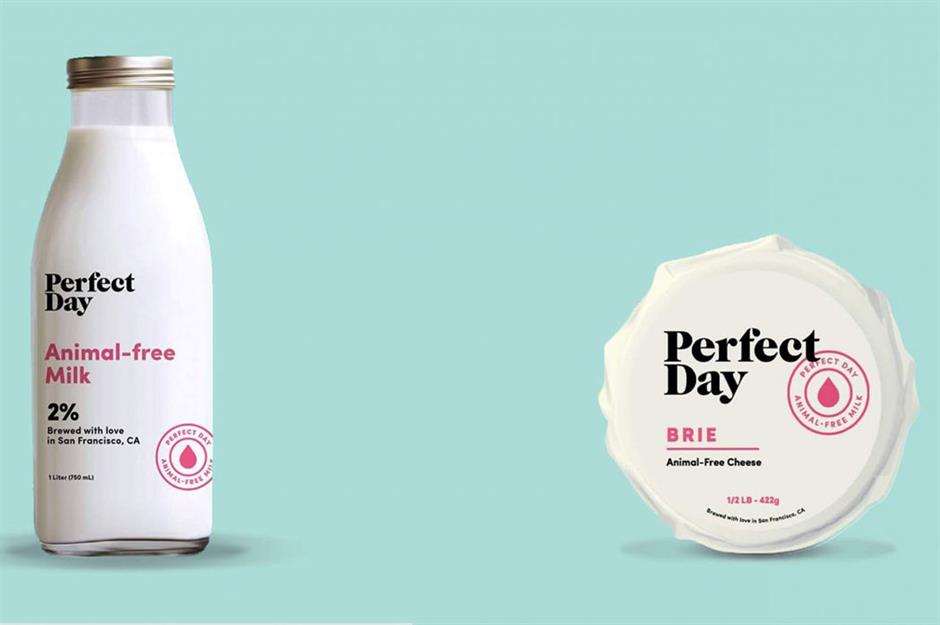
Californian start-up Perfect Day is poised to disrupt the dairy industry in a similar way. The biotech firm has perfected a process that creates cruelty-free dairy proteins without cows. How? By using microflora and fermentation techniques to create an end product that is nutritionally identical to lactose, yet is hormone, cholesterol and antibiotic-free, and of course kinder to the planet.
Sponsored Content
Forward
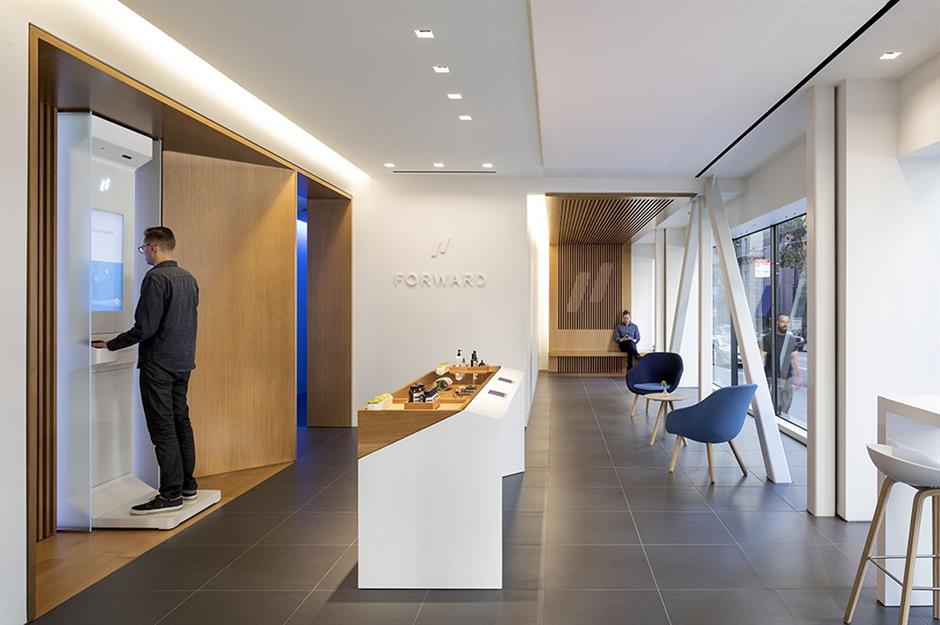
Mojo Vision

Invisible computing, in other words using ultra-small screens to display augmented and virtual reality displays, is set to be all the rage in the not-too-distant future. Mojo Vision, a US start-up made of alumna from Google, Apple, Amazon and more, recently bagged $50 million (£38m) in funding to develop augmented reality contact lenses. According to the firm, the lenses will deliver "information when you need it" and let you connect with others "at a glance, anytime, anywhere".
Bumblebee Spaces
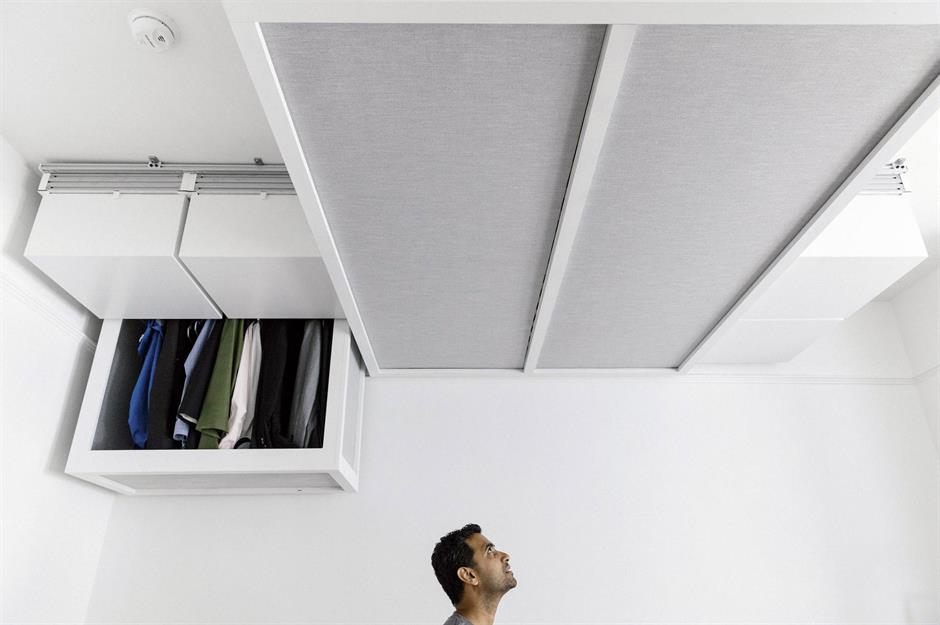
As the global population grows, living space is likely to be at a premium. Cue Bumblebee Spaces. The San Francisco-based firm uses smart robots and an AI stack to “unlock the third dimension” and store everything from beds to shelves in the ceiling. Hidden away, they can be retrieved on-demand via the company's app. Best of all for disorganised types, its "deep learning network" can classify and catalog items, helping you to keep track of those things you're always losing.
Sponsored Content
Higia

Higia Technologies, a medtech startup based in Mexico City, is currently fine-tuning a wearable device called "Eva" which will be able to detect breast cancer tumours at an early treatable stage. Sitting comfortably in a sports bra, the wearable works by sensing temperature changes that point to abnormal tumour growth, and may completely revolutionise the way the cancer is diagnosed.
ICON
Ushering in a new era of home-building, in 2018 Texas firm ICON erected America's first permitted 3D-printed home in the city of Austin. The groundbreaking structure was constructed using 3D printers, robotics and advanced materials. ICON hopes the technology will slash home-building costs significantly, as well as reducing waste, cutting down on construction time and making the process more customisable.
Module
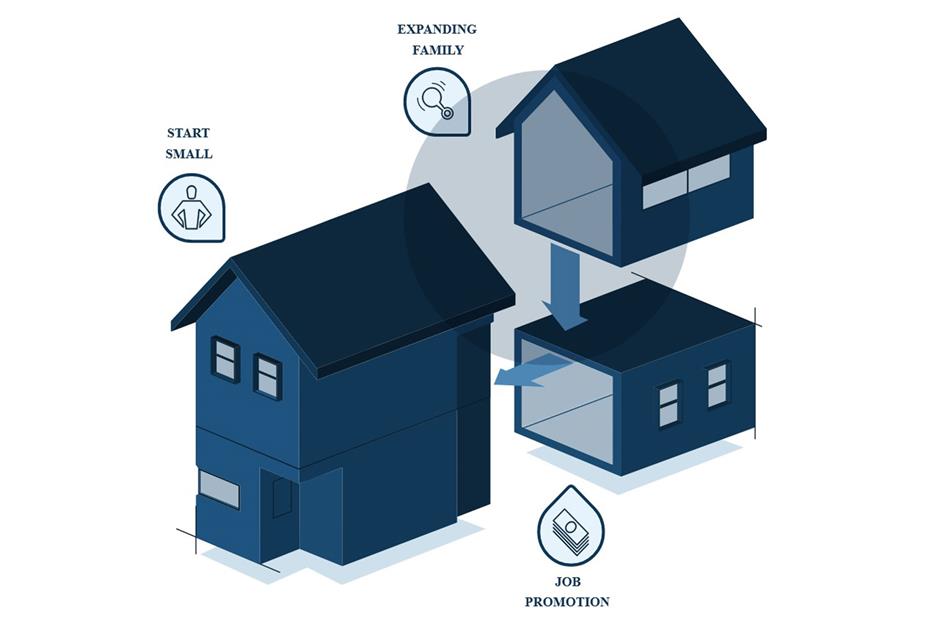
Sponsored Content
Skysource/Skywater Alliance
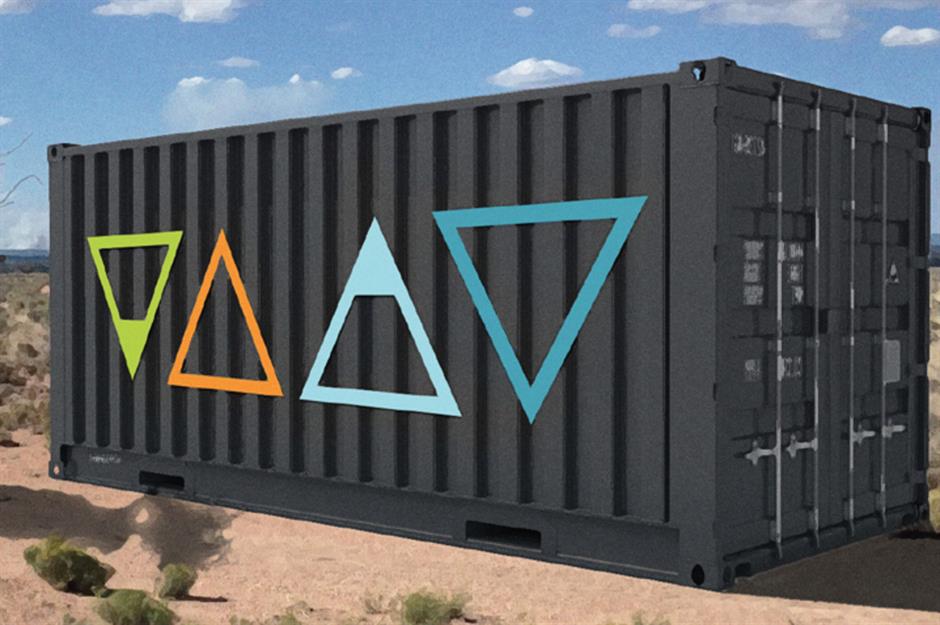
Climate change is likely to make water scarcity a serious problem in the future. WEDEW (Wood-To-Energy Deployable Emergency Water) may just be the solution to our future H2O issues. Created by US partnership the Skysource/Skywater Alliance, the carbon-negative generator literally makes water out of thin air by creating artificial clouds in a contraption contained within a shipping container. It's reliable in all weather conditions, self-sustaining and transportable, making it ideal for aid work.
Spyce
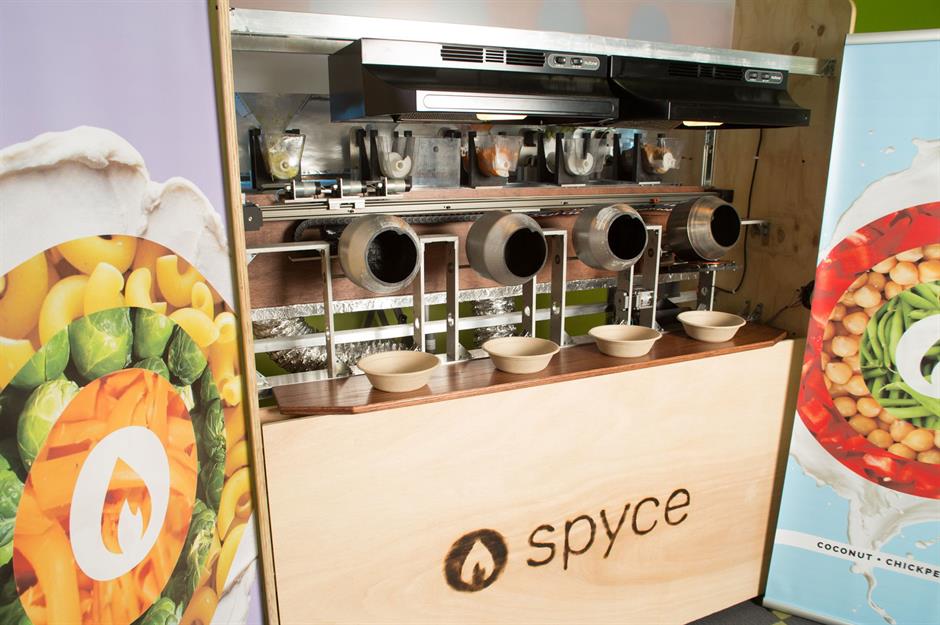
The team behind Boston's Spyce has created the world's first restaurant which features a robotic kitchen, that can rustle up healthy, complex meals. The company, which is aiming to make salubrious Michelin star-worthy meals ultra-affordable, recently scored $21 million (£16m) in series A funding. If you happen to be based in Boston, you can enjoy one of their reasonably-priced, robot-made bowls for yourself.
Spacemize
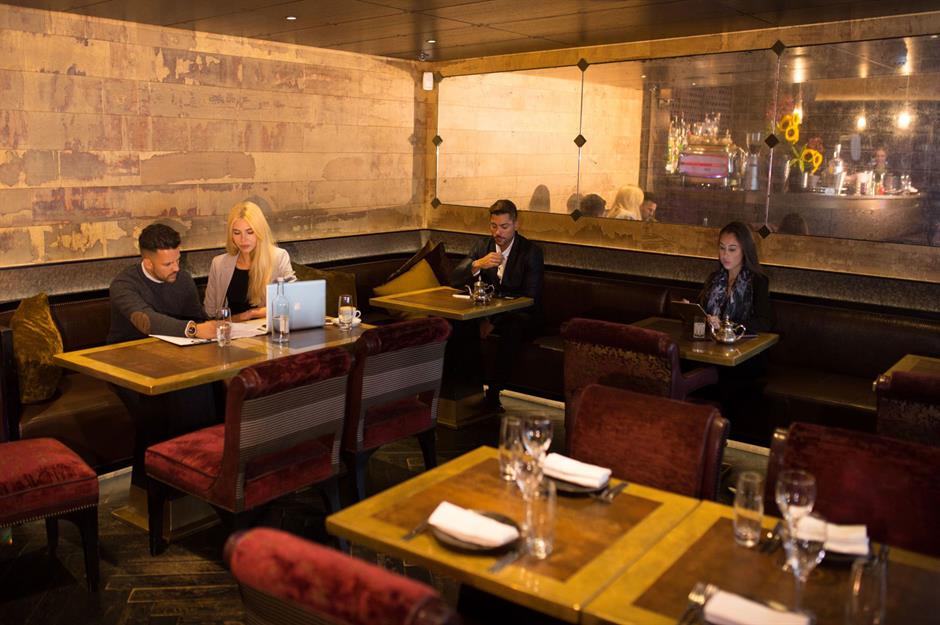
Co-working space is nothing new, but British company Spacemize is looking to shake things up a bit. It repurposes high-end spaces like hotels and restaurants as workspaces, offering members a co-working space, free tea and coffee, along with restaurant and spa discounts, starting from £99 ($129) a month. Working out as cheaper than renting a private office or other co-working environments, it also allows you to be placed with like-minded workers, providing possible networking opportunities.
Sponsored Content
Hybrid Air Vehicles
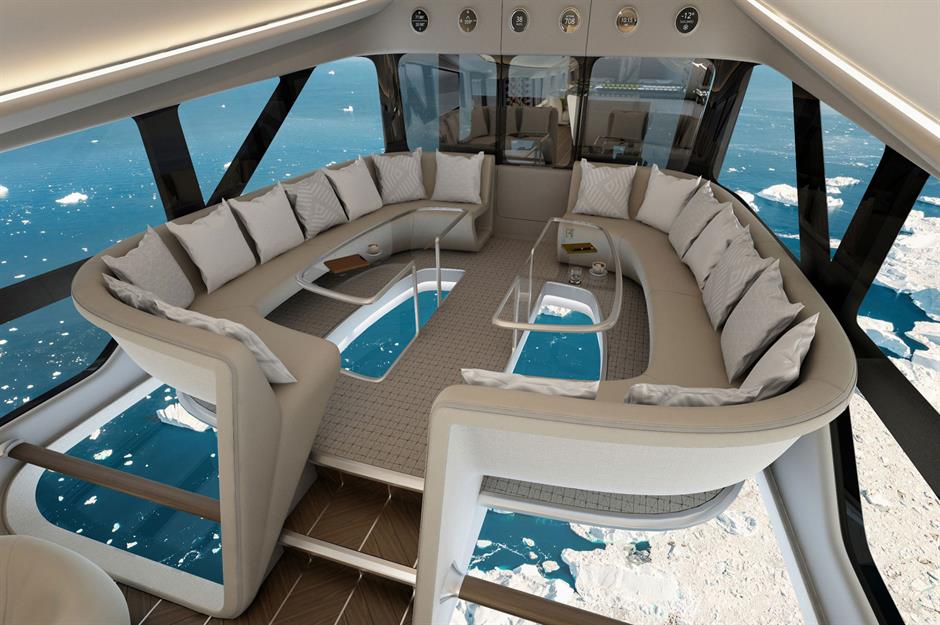
The UK's Hybrid Air Vehicles is building a new airship called the Airlander 10, which it anticipates will take to the skies by the early 2020s. The airship has the potential to turn the aircraft industry on its head. Touring models will cruise at speeds of just 91mph (148km/h) at an altitude of only 1,000 feet, and feature windows that open and glass floors for jaw-dropping sightseeing.
Eight Sleep
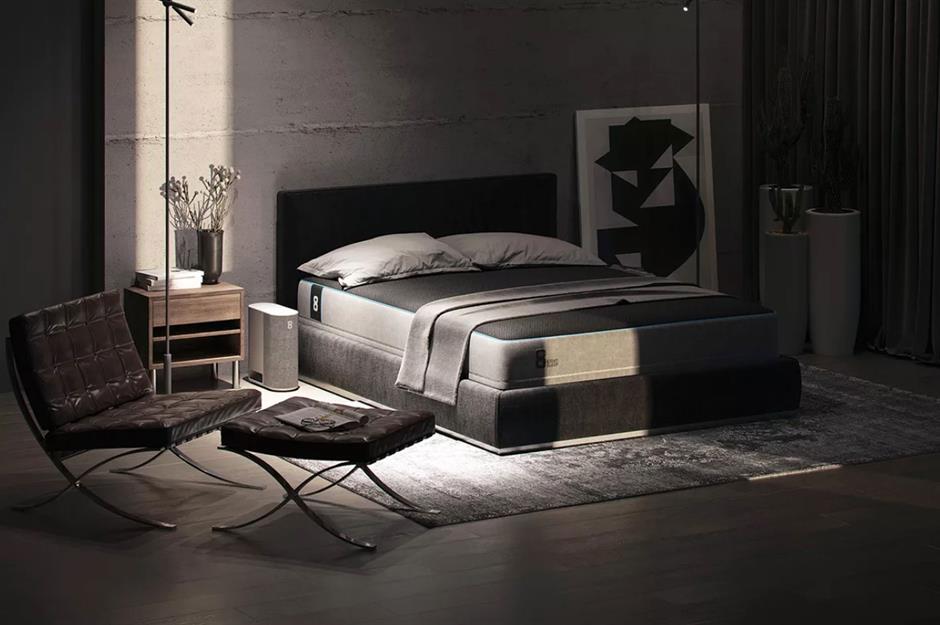
Eviation
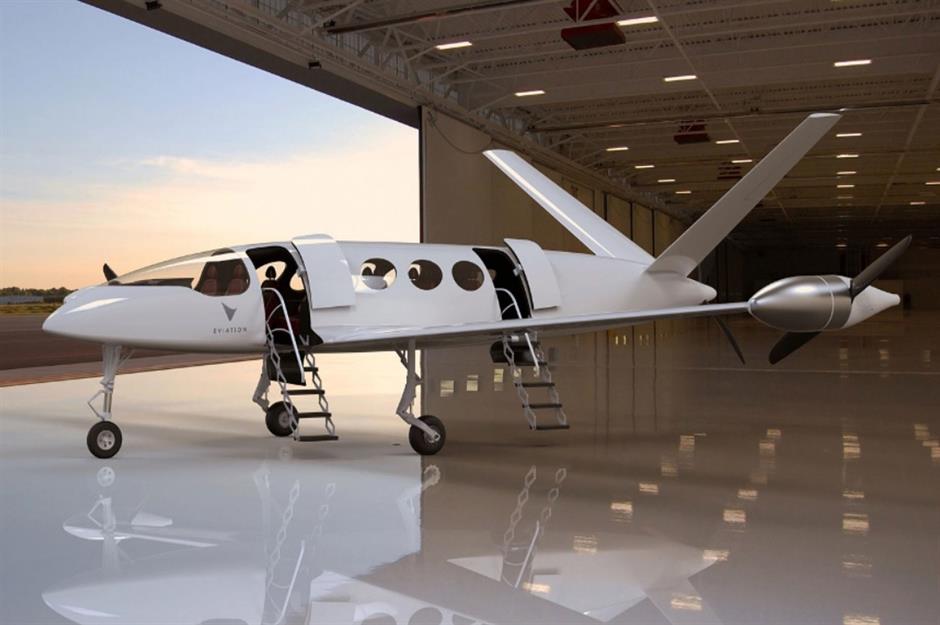
Air travel is notoriously bad for the planet. But Eviation is looking to change that. The Israeli firm is pioneering the industry's first all-electric aircraft, which will be built from 95% composite materials. Test flights are due to begin this year, and company CEO Omer Bar-Yohay thinks that all-electric planes could be flying commercially within 15 years.
Sponsored Content
DNA Romance
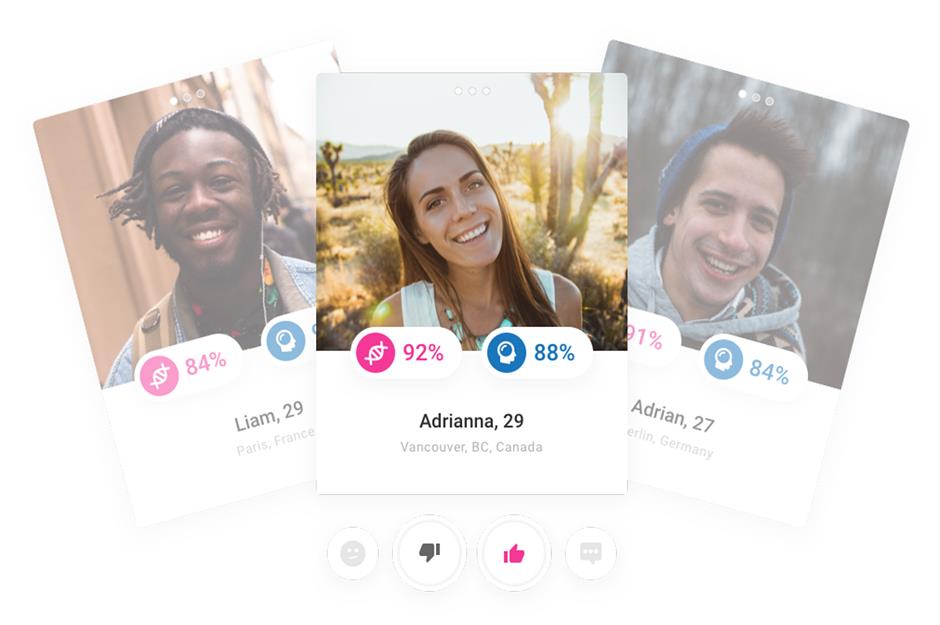
A Canadian dating firm that makes the likes of Tinder and Bumble seem like old-fashioned matchmakers, DNA Romance is a site that analyses its users' DNA to come up with suitable matches based on their chemical make-up. Users simply send off for a DNA kit and mail the company two cheek swabs, the results of which are used to provide them with a selection of potential love interests. The DNA can also be combined with results from the Myers-Briggs personality test for added accuracy.
Rivian
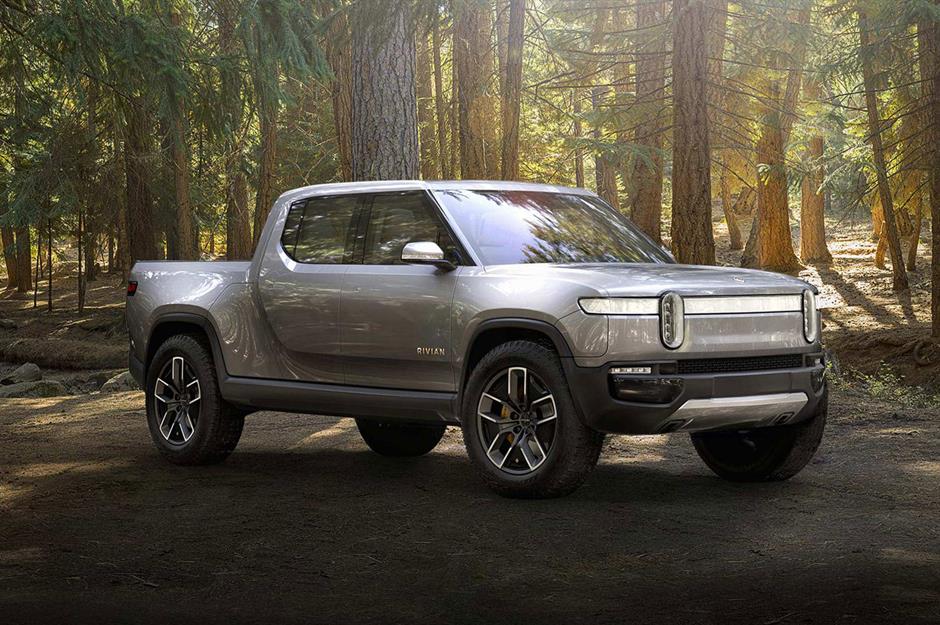
UrbiGo
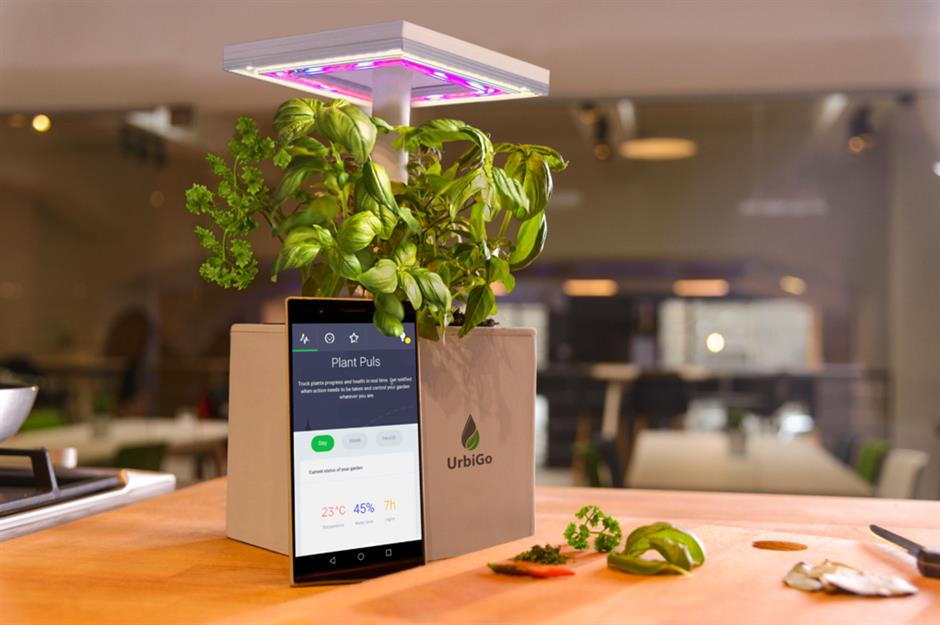
Sponsored Content
Naked
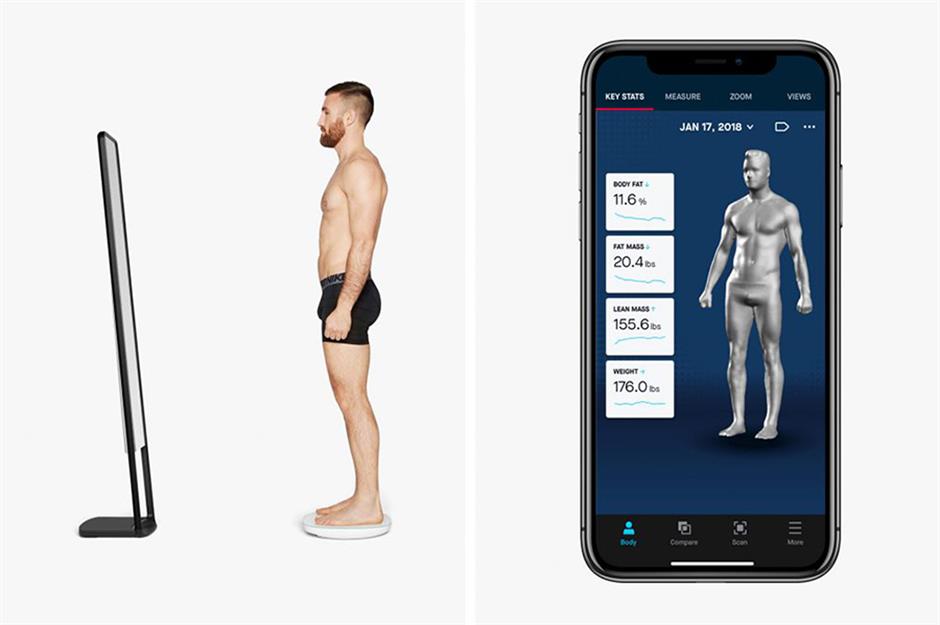
SeaBubbles
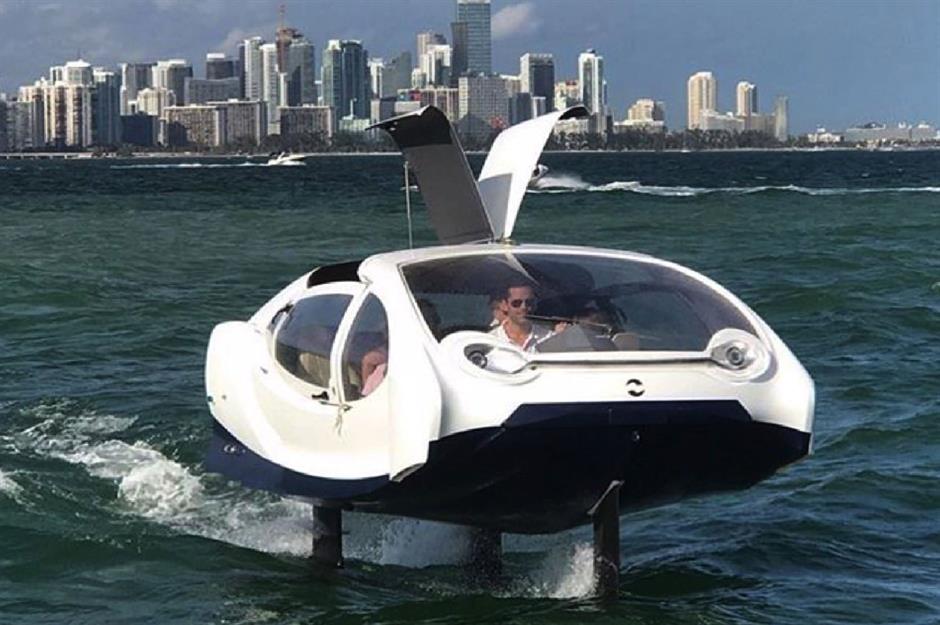
French start-up SeaBubbles is developing a zero wave, zero noise and zero emission all-electric water vehicle called the Hydroptère that has been making waves in the nautical industry. The company is planning for the earth-friendly craft to operate in cities around the world, with watercourses from Paris to Miami.
Endless West
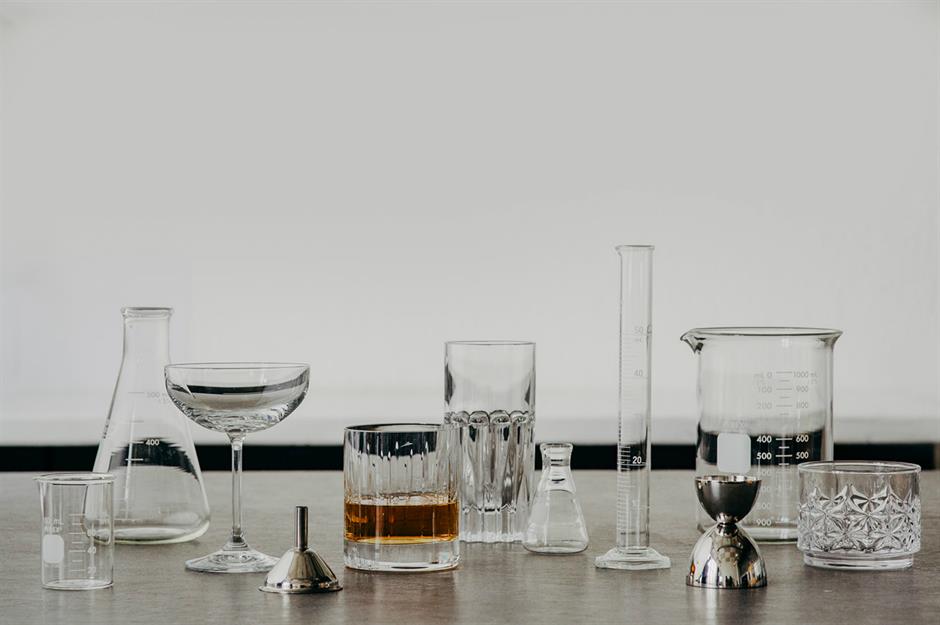
Sponsored Content
Mirror

Sono Motors
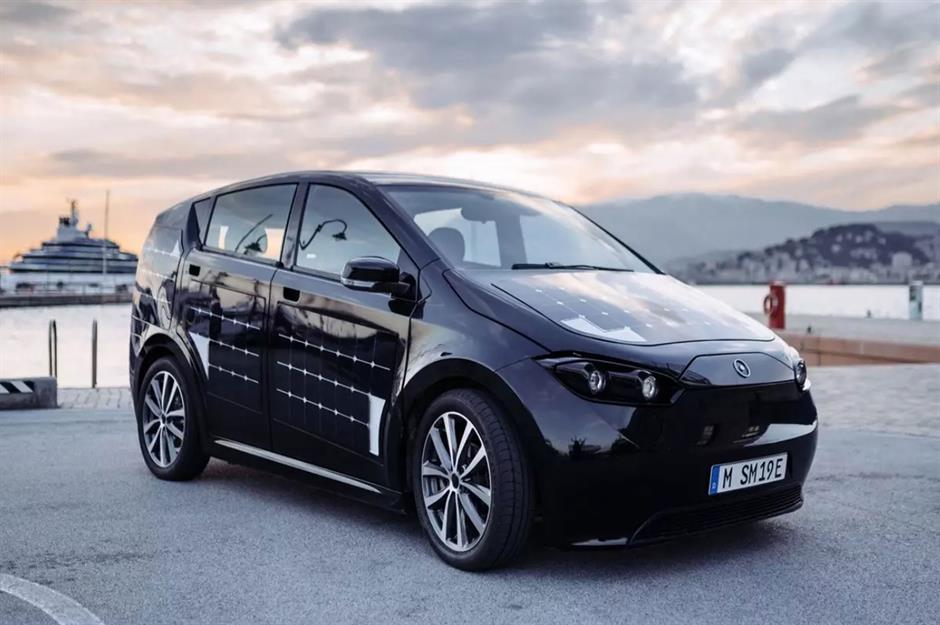
This crowdfunded German start-up is hoping to launch the world's first affordable mass-produced electric car that can be charged using solar power. Prototypes of the so-called Sion are clad in solar panels, and feature other innovations such as an Icelandic moss air filter. The company manufactured its first vehicle in April this year, and in May it reached the milestone of having 10,000 reservations for the car online. Currently, the cars are due to go into production in the latter half of 2020.
Lightyear
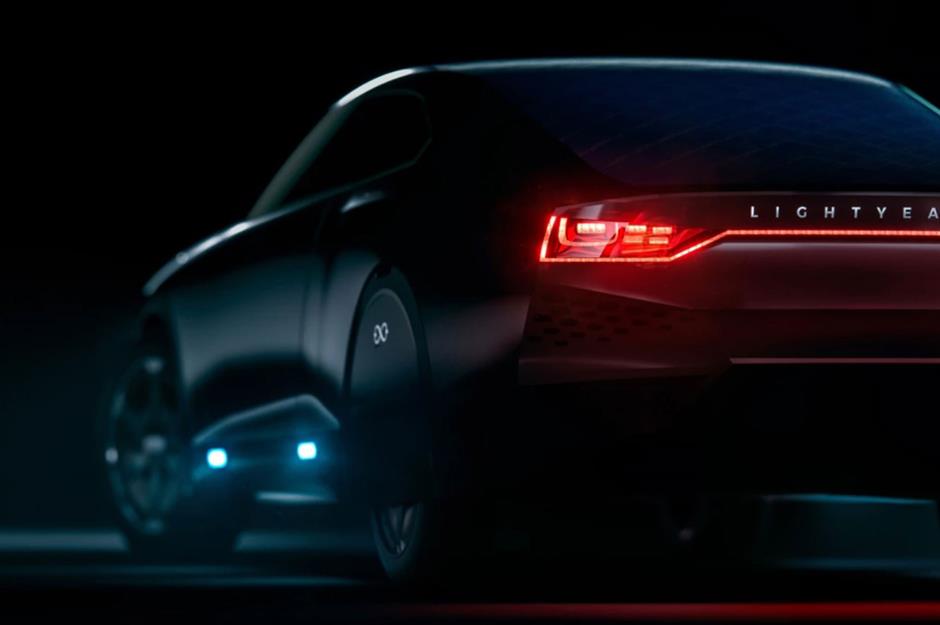
Dutch firm Lightyear is also hoping to launch a car that runs on solar power. If all goes to plan, the company will deliver its Lightyear One vehicle by early 2021. Unlike the Sion, which will retail for $28,925 (£23.5k), the Lightyear One has a far less affordable price-tag of $135,000 (£110k). That said it will reportedly run for months without charging.
Sponsored Content
ADAY
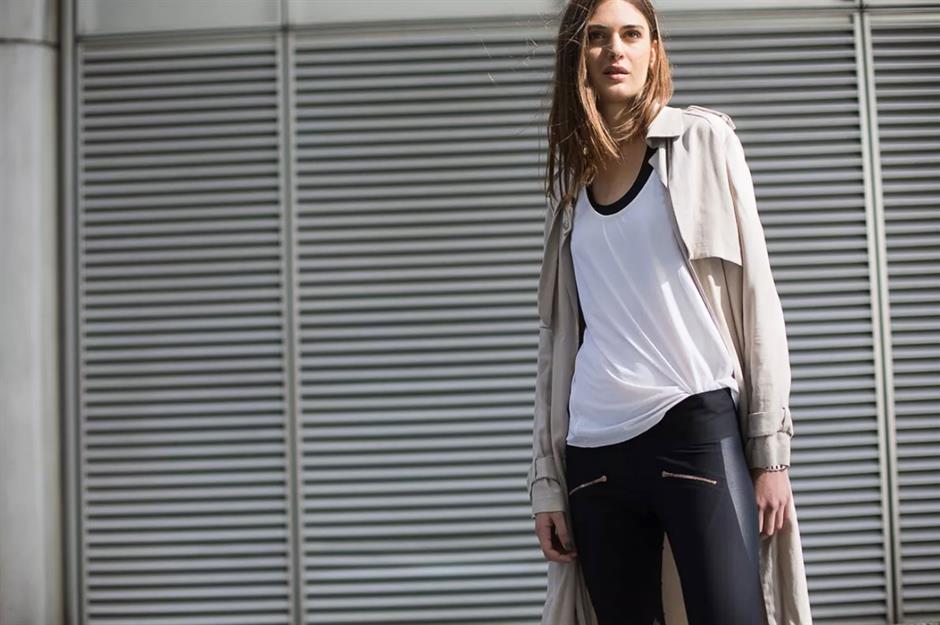
Given the fashion industry produces more greenhouse gas emissions than all international shipping and flights combined, there will come a time when our obsession with throwaway fashion will have to cease. On the vanguard of the movement towards a more sustainable industry, New York City firm ADAY works with manufacturers to create extra-resilient, season-less clothing from innovative fabrics that last for years.
Nectarine Health
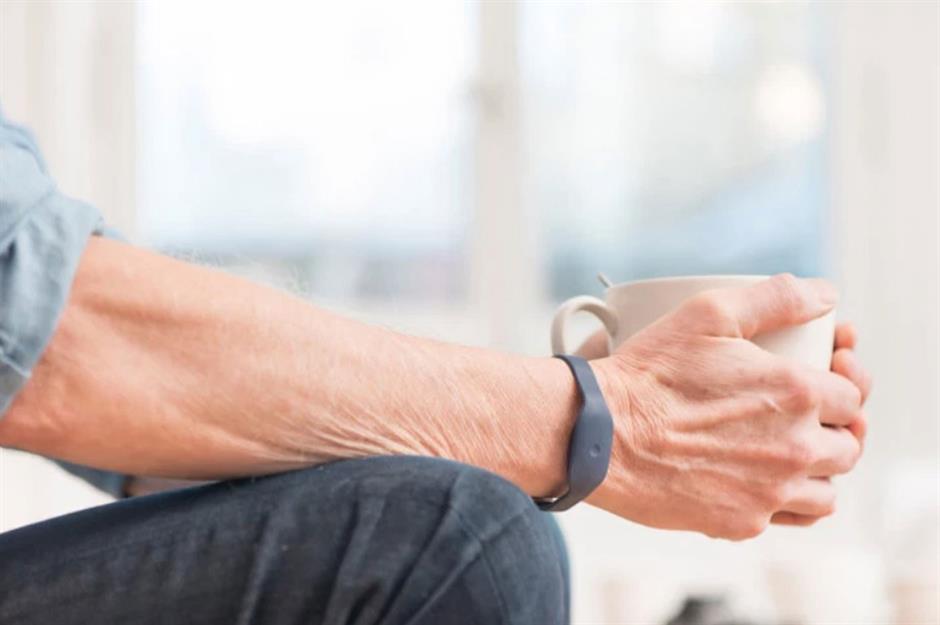
Transforming the way we look after elderly family members, Swedish start-up Nectarine Health (formerly Noomi) has designed a self-learning, e-health system based on artificial intelligence, that allows carers to monitor their senior relatives remotely via a motion-sensitive wristband. The wristband picks up on any changes in behaviour, alerting the caregiver to anything they may need to know about, whether that's showing that a relative with dementia has left a certain area or alerting them to any falls.
Apeel Sciences
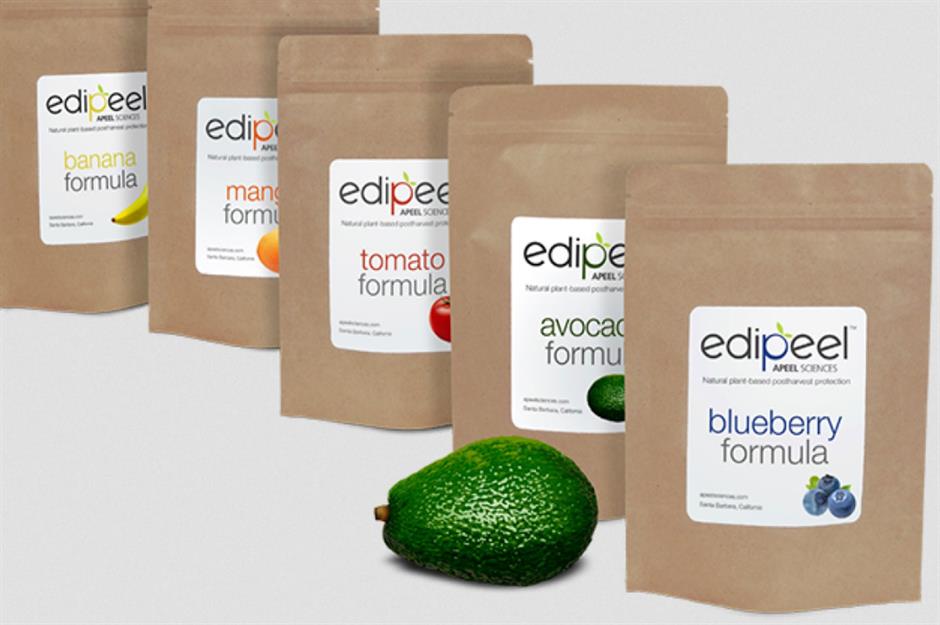
It's estimated that each year, around one-third of food produced globally goes to waste. What's more, prolonging the shelf life of fruit and vegetables could make all the difference in the future as food becomes more scarce. California's Apeel Sciences makes an edible coating that can be applied to everything from avocados to bananas and tomatoes, in order to keep them fresh for twice as long, helping to cut down significantly on food waste.
Sponsored Content
Holoride
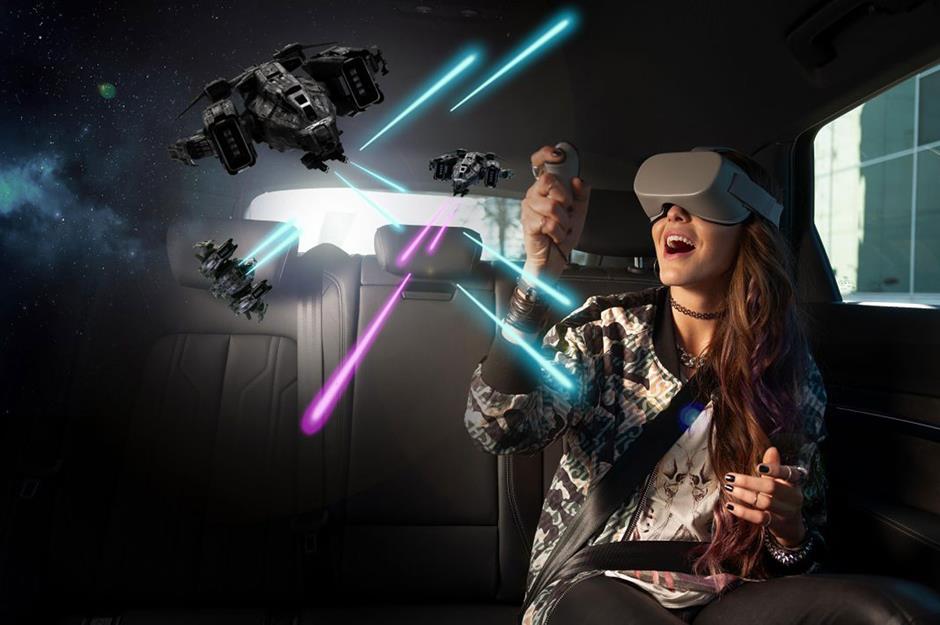
If you've ever been on a long car journey with restless kids, this technology might be the answer to your prayers. German start-up Holoride is on the verge of transforming in-car entertainment with its mixed reality experience, blending virtual with augmented reality. Dubbed 'XR', the experience overlays fun imagery on the real world as well as provide exciting VR gaming for passengers, essentially turning vehicles into “moving theme parks”. It also claims to reduce motion sickness, compared to watching TV or a screen, as it's based on what you already see out the window.
Fulcrum BioEnergy
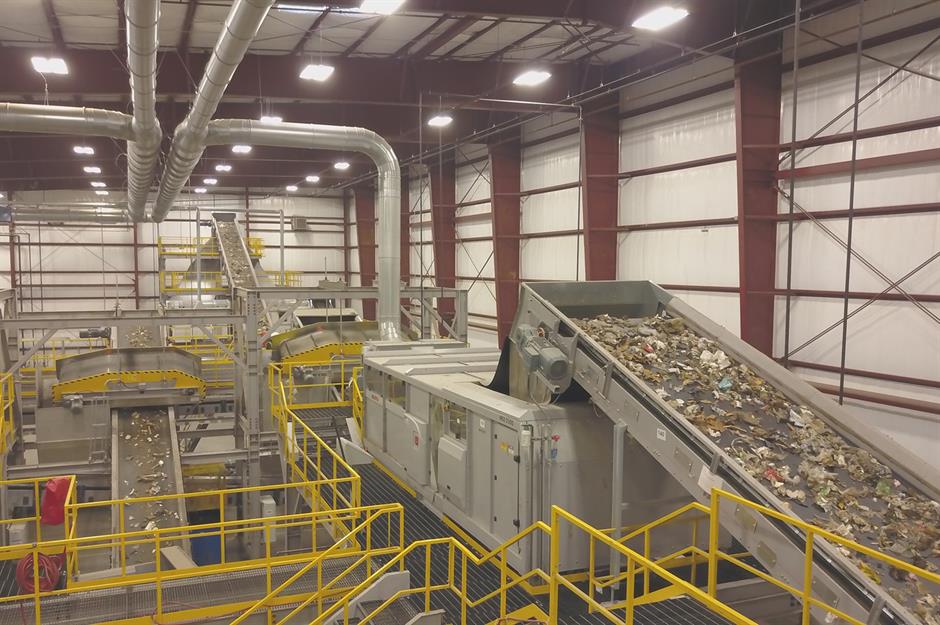
Climeworks
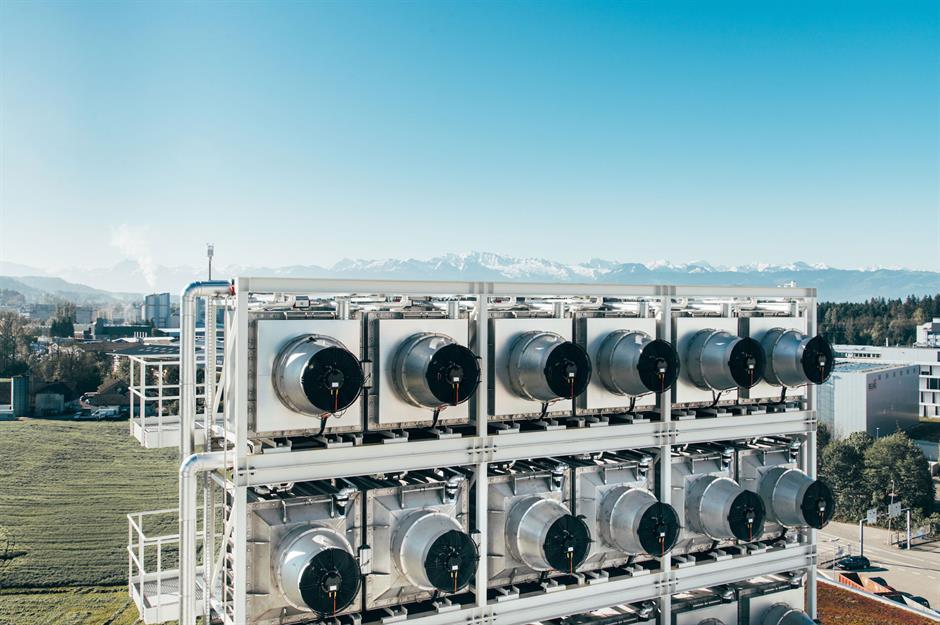
Climeworks is looking to make life on a warming planet more bearable, and could even help reverse climate change. The Swiss company is the first in the world to capture carbon dioxide from the air on an industrial scale. The firm has developed technology that sucks the gas from the air, mixes it with water and stores it in rocks underground. What's more, the captured CO2 can be sold to customers so less of it needs to be produced via fossil fuels.
Sponsored Content
COGZ
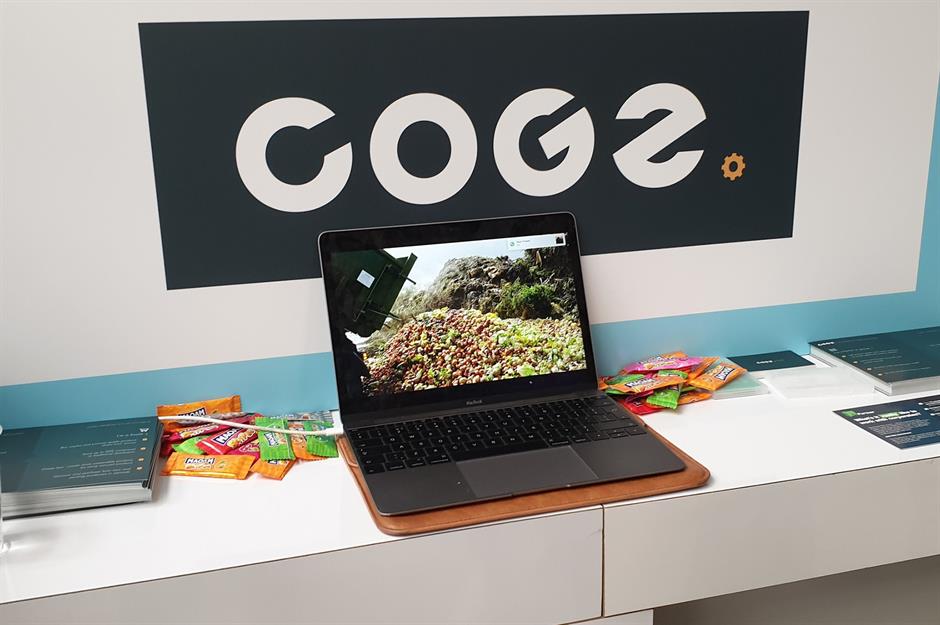
Sutrue
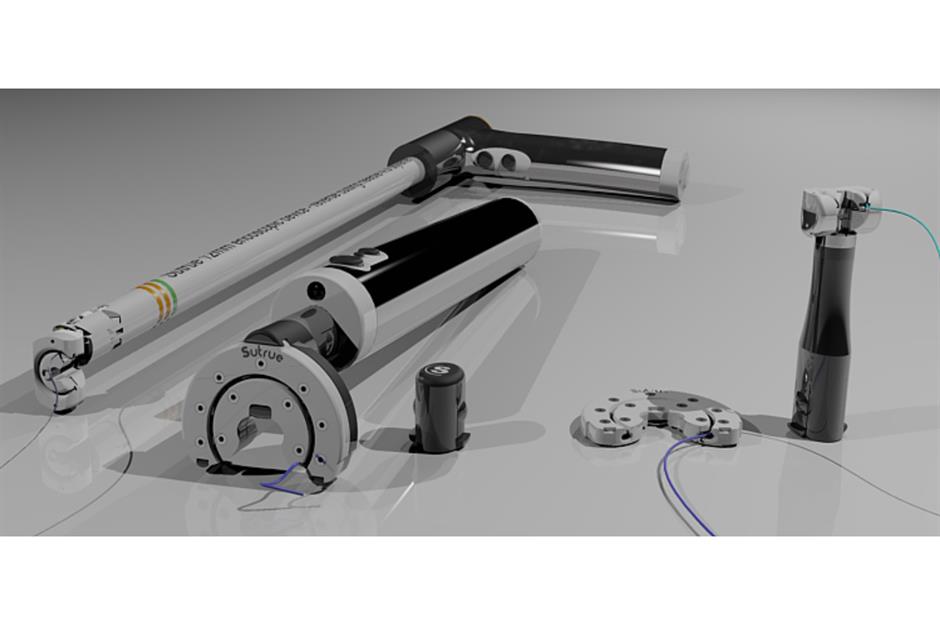
EHang
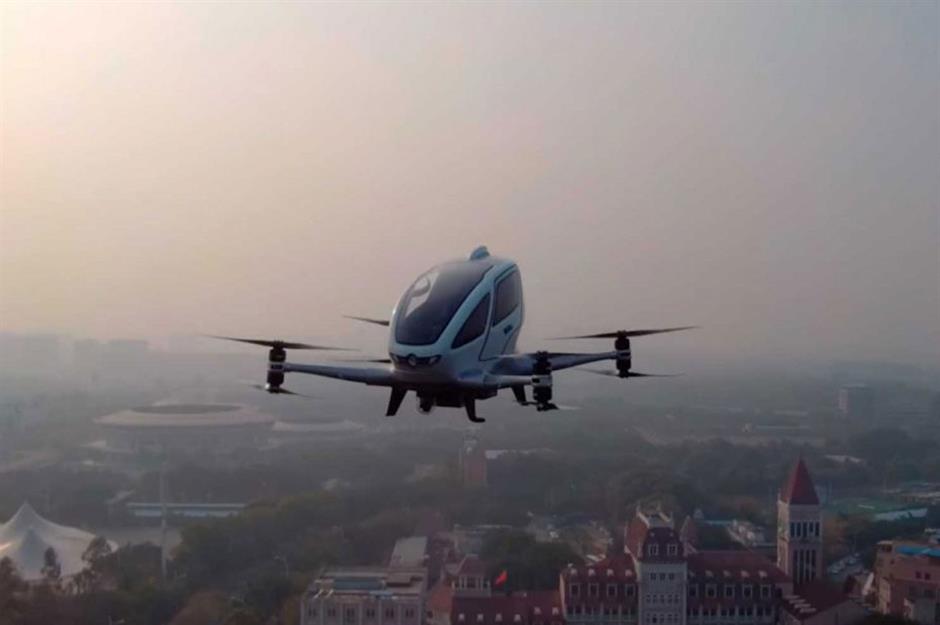
The race is on to conquer the flying car market. Multiple flying car designs are currently in development by different companies, and the airborne vehicles are likely to be zipping around the skies sooner than you might think. Chinese firm EHang is bringing a one-seater model, EHang 184, and two-seater model, EHang 216, to market soon, and has been testing manned flights since 2016. The car is capable of speeds of 80mph (129km/h) and can stay aloft for around 25 minutes.
From curing cancer to eternal life: when to expect the world's biggest breakthroughs
Sponsored Content
Comments
Be the first to comment
Do you want to comment on this article? You need to be signed in for this feature